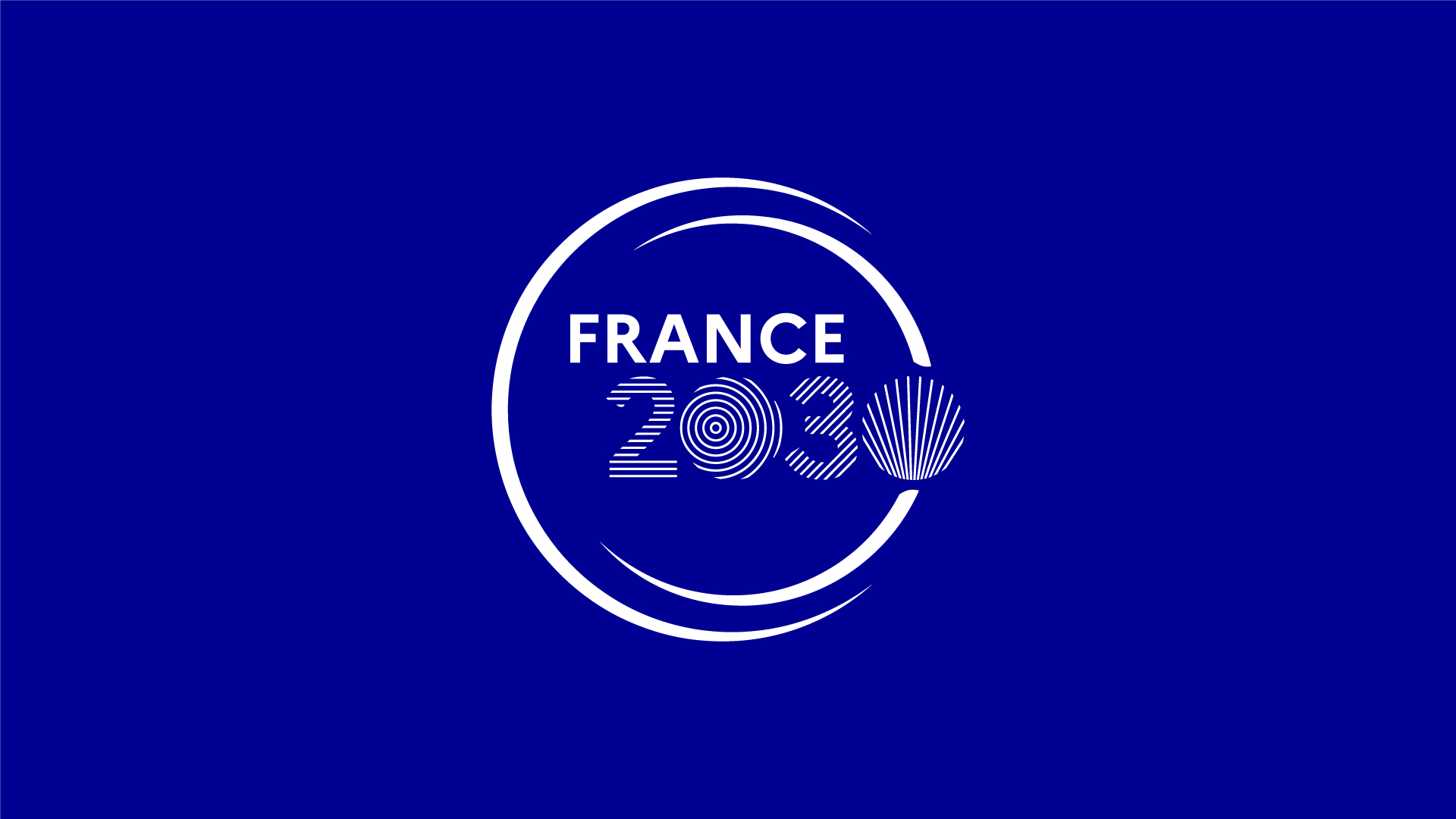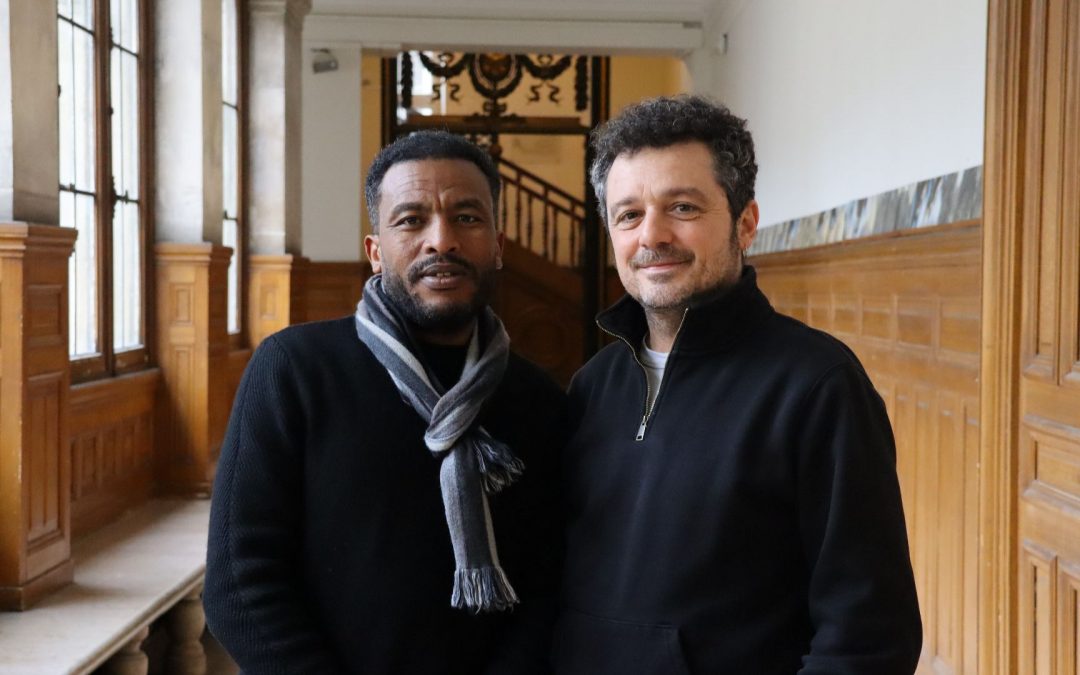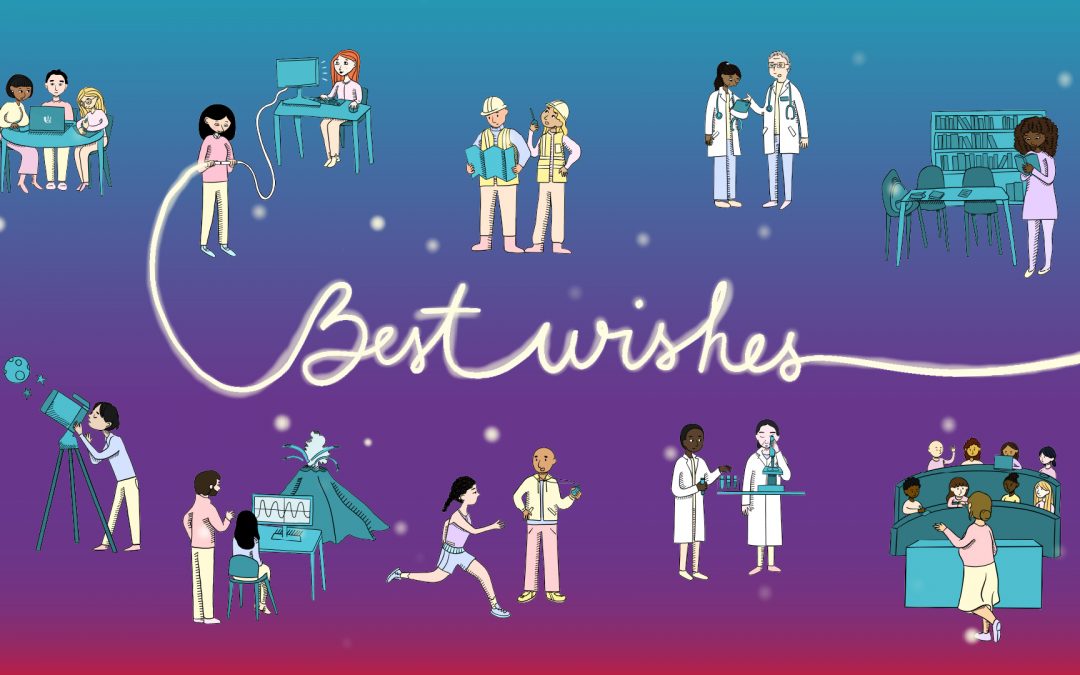Under the France 2030 plan, the government decided to allocate €1 billion to improving medical research capabilities. The results of the calls for projects and of the call for expression of interest aiming to create Bioclusters, new University Hospital Institutes (UHI), future centres of excellence in health research, care, prevention, as well as training and technology transfer, were announced on Tuesday, May 16th, 2023. Université Paris Cité, founding member of 3 University Hospital Institutes, 1 labelled Biocluster and 1 Biocluster to provide support.

© Tous droits réservés
University Hospital Institutes
Out of the 12 winners of the calls for projects, Université Paris Cité is the founding member of the 3 following UHIs:
1- The UHI THEMA 2 “European Leukaemia Institute” coordinated by Université Paris Cité and backed by its foundation, and co-founded with the AP-HP, Collège de France, and Inserm is a continuation of the THEMA 1 project (accredited a rank B European Leukaemia Institute), which has already shown its ability to federate and build an ecosystem fostering the development of leukaemia research.
With these unique strengths, partnerships, and the largest cohort of leukaemia patients in Europe, the THEMA-2 aims to overcome the obstacles that prevent the cure of leukaemia and to turn them into new cure paradigms through precision medicine. A number of lines of research have been defined to speed up the discovery and roll-out of curative therapies for the majority of leukaemia patients. These include:
- The widespread use of accelerated genomic profiling, as well as complete real-life clinical, biological and non-medical data for each patient.
- Developing state-of-the-art in vivo biological models
- Exploring the biology of the response to leukaemia treatment in mice and patients directly.
- Developing innovative drugs on primary cells and exploring combinations of existing drugs based on biology
- Transferring this knowledge into agile, explanatory, and pragmatic clinical trials, incorporating biological biomarkers and algorithm-based futility criteria
- Cooperating with industry to develop these tests and share concepts and technological platforms.
- Setting up a leukaemia prevention programme in good time to monitor and treat patients predisposed to leukaemia.
Funding: €30-40m
2 – The UHI lnnovAND “Innovating collectively for neurodevelopment and the future of every child”, co-founded by Université Paris Cité, Inserm, CEA and the Institut Pasteur, and coordinated by the AP-HP via its foundation, aims to promote children’s development, well-being and learning abilities, given that in France 1 in 5 children has learning difficulties, and 1 in 6 suffers from a neurodevelopmental disorder.
InnovAND has identified 3 primary research objectives:
- How cells and circuits process information and drive learning during neurodevelopment
- How genetic and epigenetic risk and resilience factors shape individual vulnerabilities in specific neural circuits
- How the brain and its functions develop at a critical phase of plasticity (foetus-6 years).
These three areas of research will contribute to the identification of new drugs through high-throughput screening, and of signatures predictive of risk, as well as signatures of resilience and trajectories.
InnovAND also aims to create a comprehensive and transformative healthcare and education model through participatory platforms, redefining the flow of patients through the hospital and providing new resources for innovations and cures.
Funding: €20m
3 – The UHI Re-connect “Hearing and Cognition Institute”, co-founded by the Institut Pasteur, Université Paris Cité, AP-HP, the Fondation pour l’Audition (Hearing Foundation) and Inserm, is coordinated by the Institut de l’Audition (Hearing Institute). Hearing loss and hearing impairment are a big burden worldwide and they will affect 2.5 billion people by 2050.
Re-Connect aims to address these unmet medical, societal and educational needs by offering new therapies and clinical pathways for hearing disorders with a global approach that will enhance the attractiveness of careers in this field. Re-connect is unusual because of its broad scope, and the coordinated manner in which it addresses peripheral and central hearing disorders, and disorders for which the auditory system can be used effectively for treatment.
The main approaches:
- Developing innovative cellular therapies and new medical and surgical techniques to treat inner ear disorders
- Developing new high-resolution implants for the treatment of cochlear and central auditory pathologies
- Improving brain-computer interfaces to reduce the impact of communication disorders on patients’ lives.
Funding: €30-40m
Bioclusters
Out of the 4 new Bioclusters announced, Université Paris Cité is the founding member of a certified Biocluster and a Biocluster to provide support.
Brain&Mind, Certified Biocluster
The purpose of a biocluster is to attract and cater to companies and set up services (access to platforms, etc.), to facilitate public-private partnerships with the site’s academic partners (universities, research bodies, etc.) and healthcare centres (CHU, CLCC, etc.), to incubate and accelerate the development of start-ups, to promote multidisciplinary training and top-level research meeting the needs of industry, and to encourage collaboration with national centres of excellence in other regions, to act as a single point of contact for local authorities for necessary regional planning, and to give international visibility to the biocluster’s public institutions and companies.
For the first time in France and further abroad, Brain&Mind offers a unique environment for mental health, sensory and neurology communities to join forces and innovate. Its aim is to improve patient care, with the development of new innovative therapies and prevention and support programmes for patients at home.
The Biocluster will provide a seamless, single point of contact in a new exclusive centre in Paris. Project management services for entrepreneurs and businesses, as well as investments in new technology platforms, will be agile to adapt to the rapidly changing needs of the community and will be scalable, wherever possible, favouring the development of existing technology platforms in the region, rather than new creations.
BCF2I, Biocluster to Provide Support
The BCF2I Biocluster is a French Biocluster for Innovation in Infectious Diseases and it is coordinated by Lyonbiopôle and co-founded by Inserm, Institut Pasteur, Université Paris Cité, ANRS-MIE, the Auvergne-Rhône-Alpes Region, Université Claude Bernard Lyon 1, Hospices Civils de Lyon, Sanofi, bioMérieux and Boehringer Ingelheim. It focuses on two themes: emerging pathogens, in particular those associated with respiratory infections, and antimicrobial resistance, approached from a “One Health” perspective. Its objectives are to develop and strengthen an integrated ecosystem, including an incubator and an accelerator, and to help prepare France for an effective and appropriate response to the next pandemic crisis, working alongside other European countries.
Read more

International Day of Women and Girls in Science: celebrating the women who push research forward
February 11 was the International Day of Women and Girls in Science. On this day, Université Paris Cité reaffirms its commitment to the equality between men and women and celebrates the journey of the women who advance research. Between celebrating our heritage and...
read more
Abraha and Pierre: A Friendship to Preserve the People’s Memory of War
In Paris, two historians’ paths crossed. One had just arrived from Ethiopia, carrying notebooks filled with daily observations written during the war in Tigray. The other, based in France, is a specialist of Ethiopian modern history. From this encounter, a partnership...
read more![[Circle U.] Summer school “New avenues for Global Health”](https://u-paris.fr/wp-content/uploads/2026/01/SUMMER-SCHOOL-CIRCLE-U.-2-1080x675.jpg)
[Circle U.] Summer school “New avenues for Global Health”

Happy New Year 2026
Université Paris Cité, its President, and the entire academic community extend you their best wishes for 2026!
read more